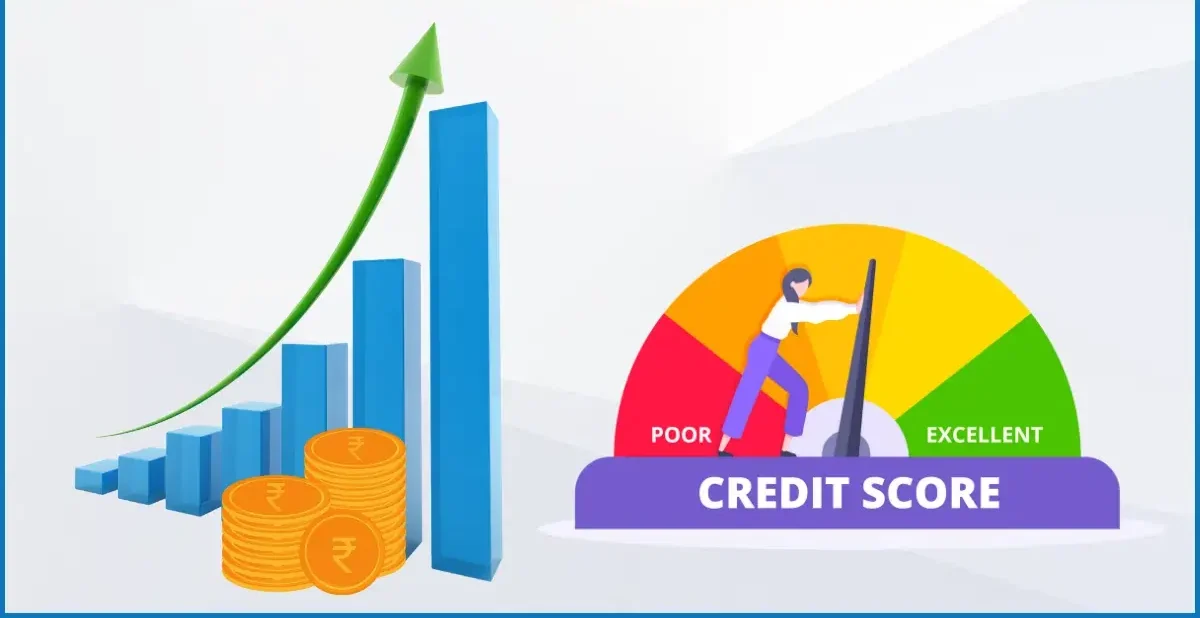Missing a home loan EMI (Equated Monthly Instalment) might seem like a short-term slip, but its impact on your credit score can be long-lasting. With increasing reliance on credit scores for financial products and services in India, even one missed payment can significantly hurt your creditworthiness.
According to data from India’s top credit bureaus, a single missed EMI by a borrower with a credit score above 750 could result in a drop of up to 100 points. Those with scores under 700 may face even steeper declines, reducing their chances of securing loans, premium credit cards, or even rental agreements.
Why One EMI Miss Can Hurt So Much
Banks and lending institutions evaluate borrowers primarily on their repayment history. A home loan, often a high-value, long-tenure financial obligation, is seen as a critical indicator of credit discipline. When a borrower misses an EMI, it signals increased risk to lenders — even if the slip was accidental or a one-time occurrence.
“Home loans represent a significant and long-term financial commitment,” said Atul Monga, CEO & Co-Founder of BASIC Home Loan. “A missed EMI doesn’t spell disaster, but recovering your credit score requires consistency, discipline, and patience.”
Steps to Rebuild Your Credit Score
If you’ve missed a home loan EMI, here’s a roadmap to regain your financial credibility:
1. Repay the Overdue EMI Promptly
The first and most important step is to clear the overdue EMI as soon as possible. A swift repayment reduces the time your account remains delinquent, minimizing damage to your credit report. If you’re unable to pay immediately, communicate with your lender. Banks often offer restructured payment plans or settlements, depending on the borrower’s situation.
“Being transparent with your lender can go a long way in avoiding escalation,” Monga advised. “Proactive communication shows intent to repay.”
2. Resume Timely Repayments
Once the overdue EMI is addressed, maintaining punctual payments becomes vital. Timely repayments have the most positive impact on credit recovery over time. To prevent further delays, set up automated deductions, enable calendar alerts, or link your EMI payments directly to your salary account.
3. Don’t Apply for New Credit Right Away
Avoid applying for new credit products—such as loans or credit cards—immediately after a default. Every credit application triggers a “hard inquiry” on your report, which can lower your score further.
“Until your score improves, focus solely on repaying what you already owe,” Monga noted. “New credit lines only stretch your finances and increase your risk profile.”
4. Monitor Your Credit Report Closely
India’s credit bureaus—CIBIL, Experian, Equifax, and CRIF High Mark—provide one free credit report per year. Regularly review your report to ensure all transactions are accurately recorded.
Check for:
- Errors in reported payments
- Accounts marked as unpaid despite repayment
- Unrecognized or fraudulent transactions
Raise a dispute promptly if you spot discrepancies. Correcting even small errors can provide a quick and noticeable improvement in your score.
5. Use a Secured or Low-Limit Credit Card Responsibly
Consider using a secured credit card (linked to a fixed deposit) or a low-limit card to demonstrate responsible credit behavior. Limit usage to small expenses and repay the total balance on time each month. This strategy helps in building a consistent, positive repayment history without overexposing yourself to debt.
A One-Time Slip Isn’t Permanent
For borrowers with an otherwise clean history, a single missed EMI—if promptly addressed—may only result in a temporary dip. Credit scores can rebound within a few months if timely repayments resume and the borrower maintains a low credit utilization ratio.
However, an unresolved default can remain on your credit report for up to seven years, potentially affecting future eligibility for loans, job offers involving credit checks, or even renting property.
Final Word: Discipline Is Key
Monga emphasizes that recovery hinges on maintaining strict financial discipline. “Avoid taking on new credit until your score has stabilized. Keep a close watch on your credit report, and take immediate action to correct any issues,” he advised.
While missing a home loan EMI can be stressful, it is not irreversible. With prompt action, steady repayment habits, and responsible credit usage, borrowers can rebuild their credit profile and regain lender trust.







